Three Things Every Manager Needs to Master to Navigate the Maze of Business
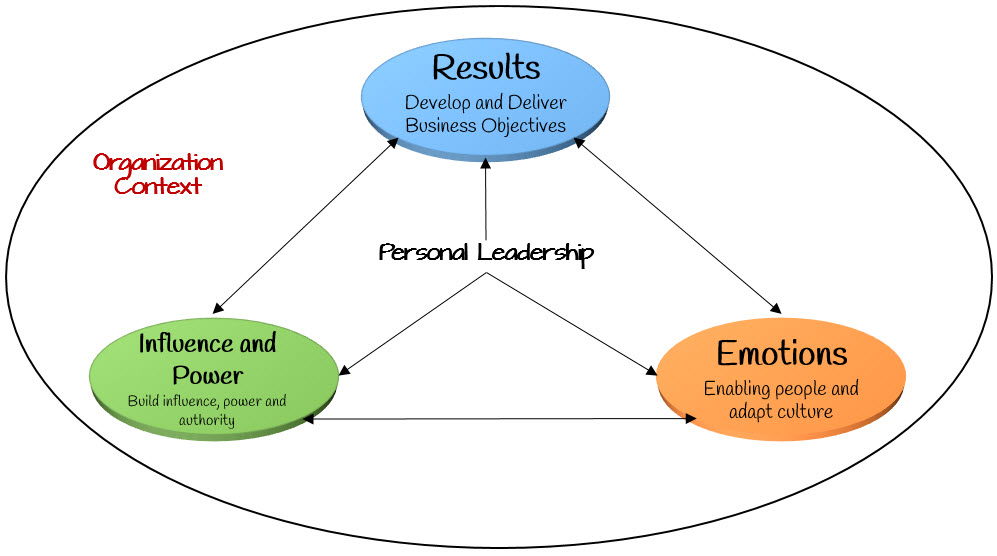 For long time, managers focus only upon results and outcomes of their business. They learnt to see only tangible results. Although results and outcomes are extremely important, managers need to pay attention to underlying emotions and the world of power and influence. Current business environments became much more complex than before. Rapid Change is one major source of business complexity (and may be the most difficult one). Managers need to balance their efforts across three major dimensions: Results, Interests (influence, power, and authority), and Emotions (enabling people and creating a culture to adapt).
For long time, managers focus only upon results and outcomes of their business. They learnt to see only tangible results. Although results and outcomes are extremely important, managers need to pay attention to underlying emotions and the world of power and influence. Current business environments became much more complex than before. Rapid Change is one major source of business complexity (and may be the most difficult one). Managers need to balance their efforts across three major dimensions: Results, Interests (influence, power, and authority), and Emotions (enabling people and creating a culture to adapt).
Managers should be centered among all the three perspectives. Overlooking one of those perspectives will diminish chances of success. We witnessed failures occurred to managers in several organizations because they did not watch those perspectives clearly. Manager should be aware of what is happening (and what is not happening) along each of those perspectives.
Results
This is the classical standard management perspective. Till this moment, most of our business goals are quantified, deterministic, objective, and mostly are financial-based results. We assign targets to our employees. Appraisals are performed based on achieving those results. Most of us is interested in ‘WHAT’ rather than ‘HOW’ results have been achieved.
During organizations (and teams) change, management is focusing on achieving results of that change without looking at what they are actually losing across the other perspectives. While managers are busy and working hard to achieve change results, they ignore accumulated negative emotions within the organization and they may overlook new bodies forming new power blocks within the organization. These forming effects along other dimensions are impacting sustainability of successful results in a negative way.
Influence and Power
In organization theory, some authors describe organizations as political systems. Companies are full of coalitions and groups who are forming power fronts. These forms are trying to practice pressure on the decision making process. Those groups are in dynamic move all the time. Managers should be aware of those formations while they manage change within organizations. We should consider an important fact that: influencers of organizations are not necessary occupying high ranks within positions ladder.
Managers should keep an eye on this perspective in order to spot influencers within organization and start reacting properly with them (not firing them  ).
).
Emotions
One of the big myths in business world is: “within professional environment there is no place for emotions”. Practice of change management busts this myth at the long run. Although, our current business world is still governed by results, we can see how changes can be bounced back due to ignoring surrounding emotions. This does not mean that corporate should work as charity organizations. On contrary, we saw many of new businesses who treat their employees as assets (respecting their wishes) rather than just resources for the company. Those employees productivity are increasing dramatically without even financial incentives.
At conclusion, results cannot be sustained with the absence of the other two dimensions. Successful managers are those who have good deal of people management\ emotional intelligence, who can create proper balance of power in his team (or organization) and who is still focusing on results.

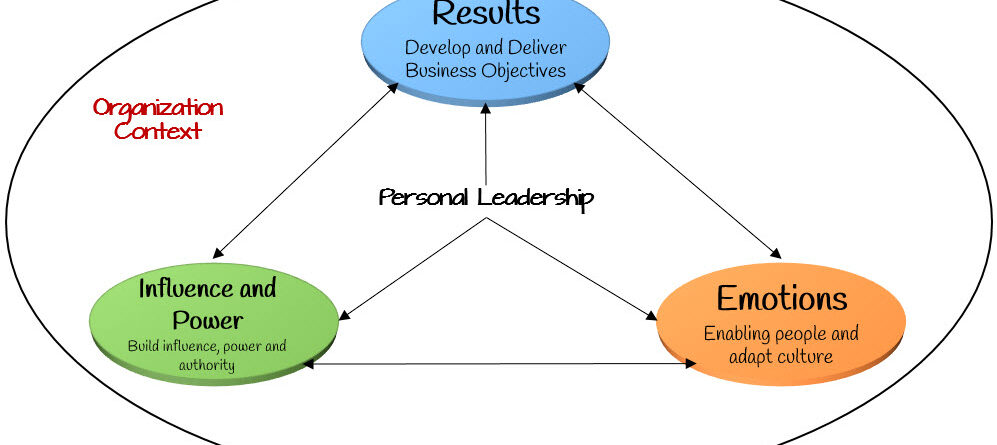

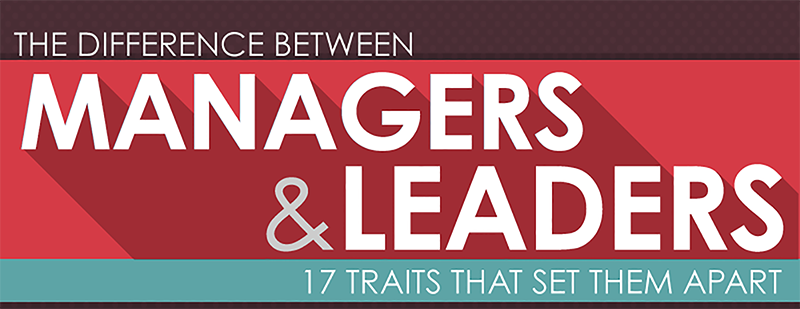

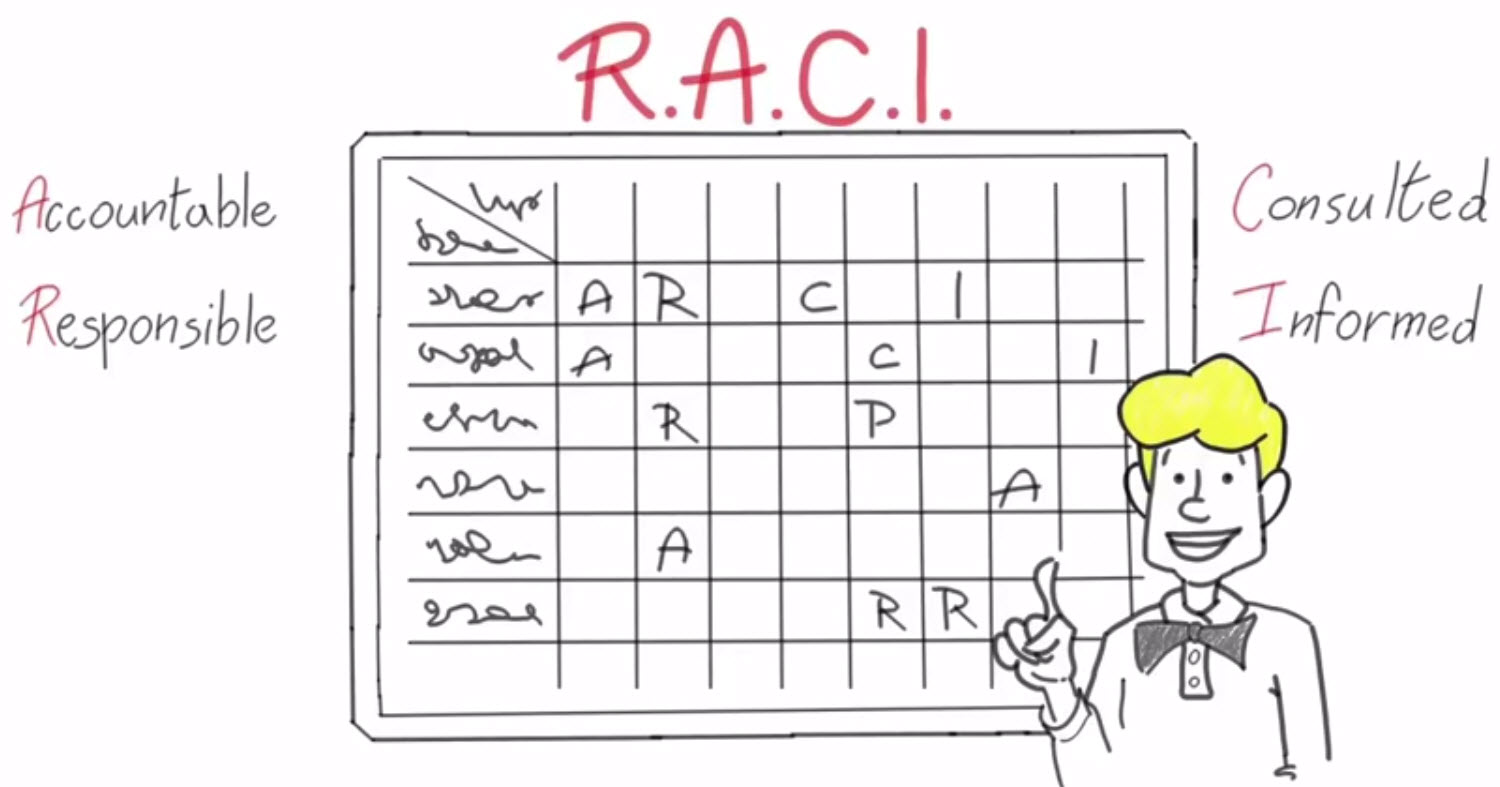


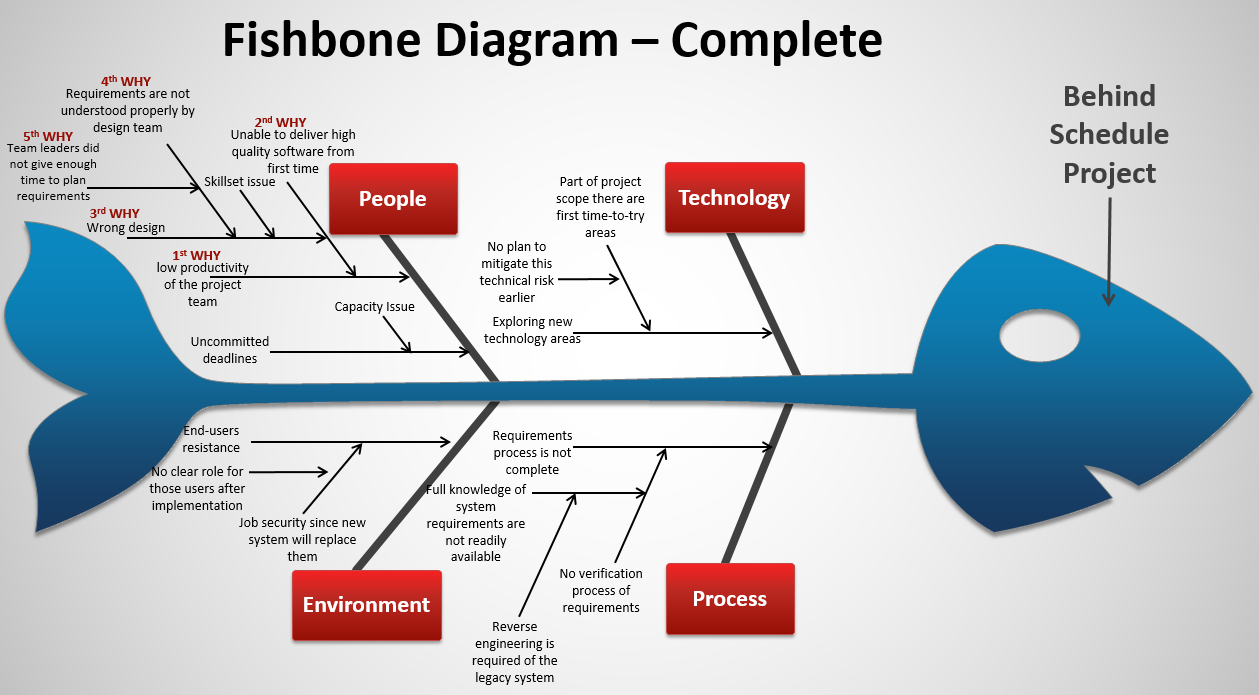
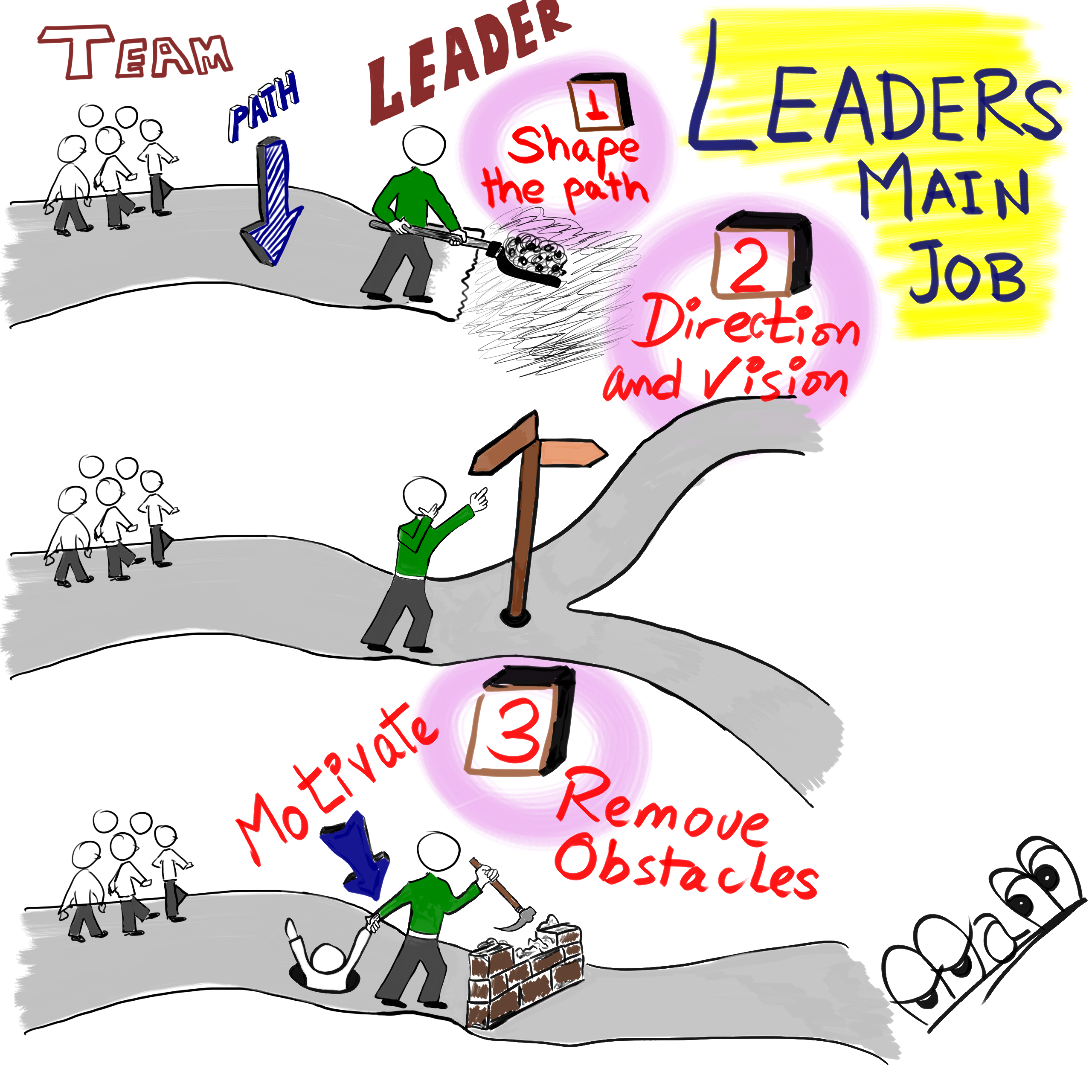
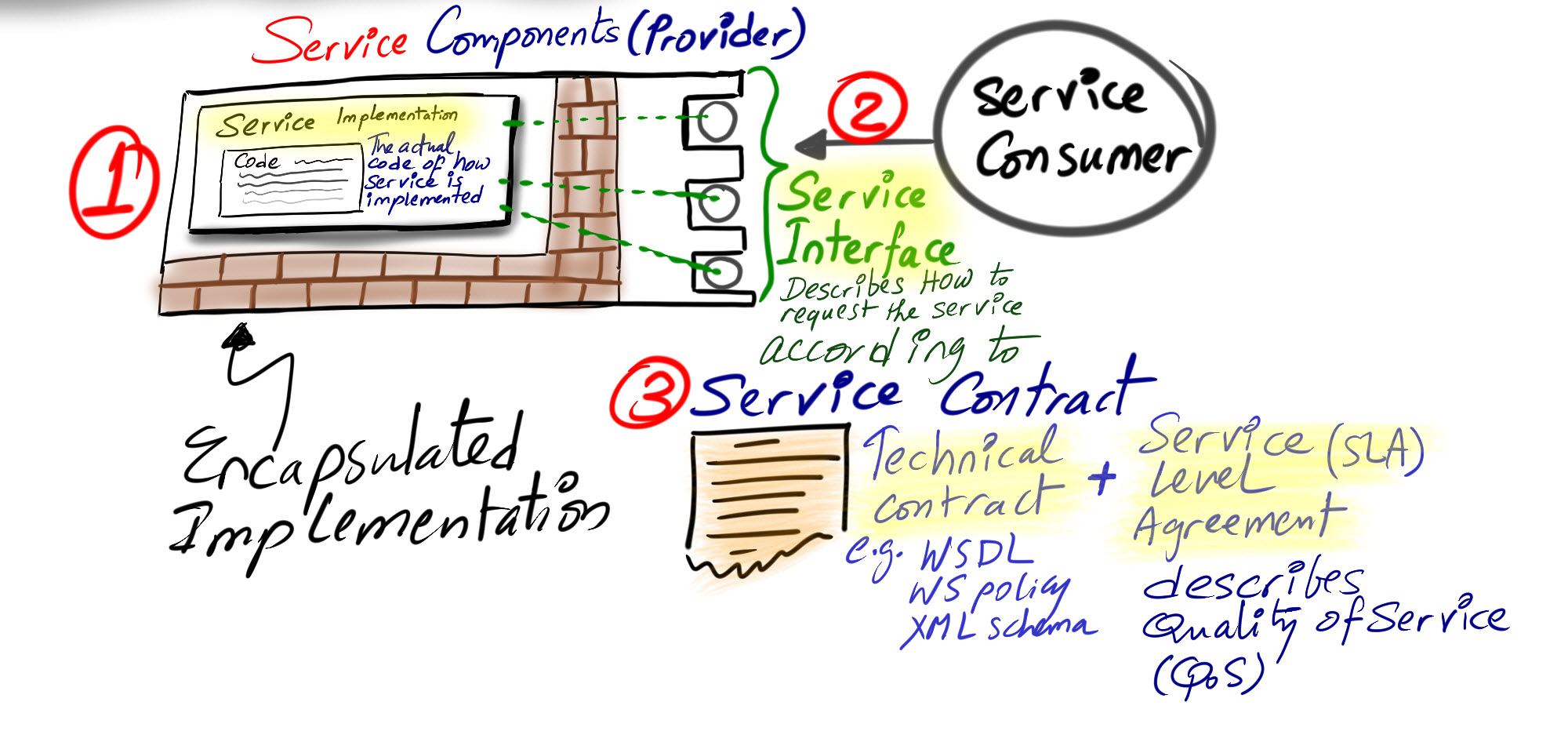
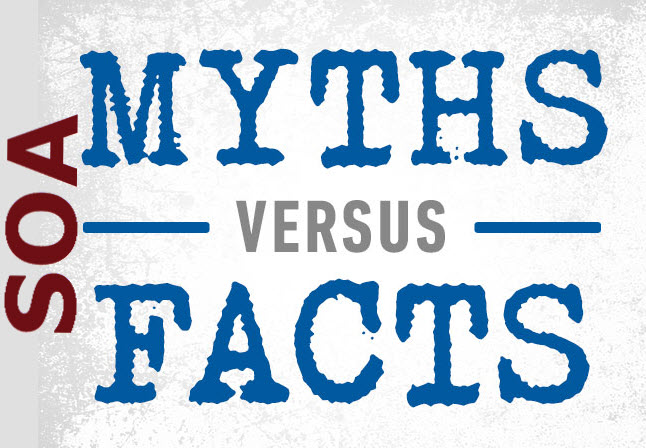
Leave a Reply